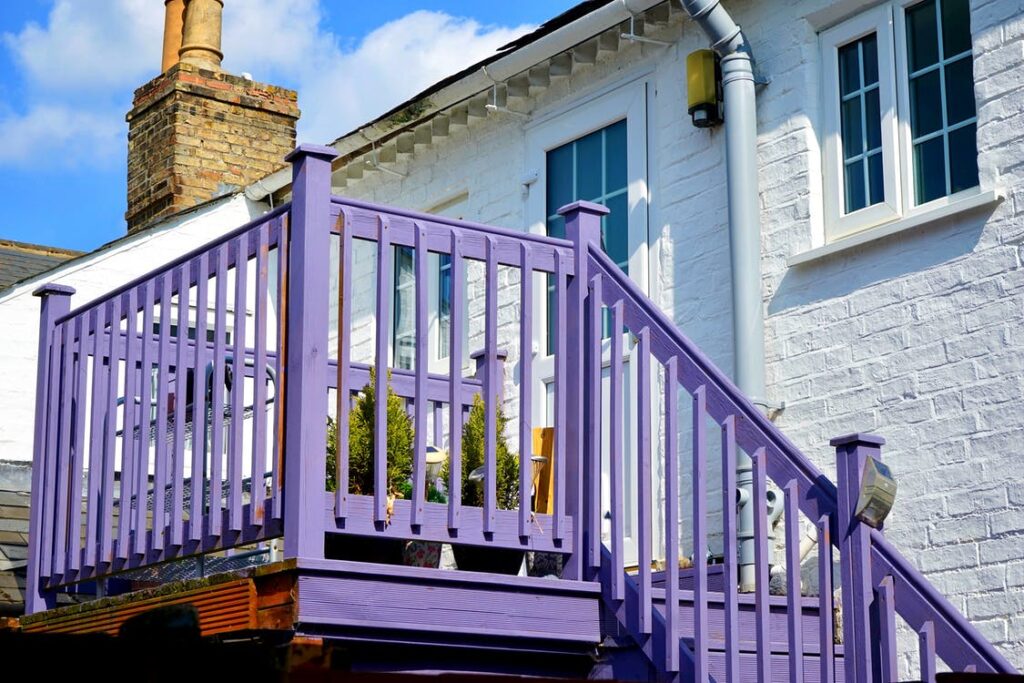Many home buyers fantasize about purchasing a run-down shack and transforming it into a palace. But should you actually do it? Fixer-uppers aren’t for everyone, and here, Realtor.com offers six factors to consider if this type of house is right for you.
- Fixer-uppers are bargains
One of the most obvious reasons to purchase a fixer-upper is to get a great deal on a house. In fact, Dan Bawden, remodelers chair of the National Association of Homebuilders, says people shopping for a fixer-upper can expect to spend 20 percent to 25 percent less than what they’d have to pay for comparable, move-in ready homes. Those homes with serious issues—such as with the foundation, termites or flooding—should command an even deeper discount. That being said, keep in mind that fixer-uppers will require you to spend more money on renovations. So, make sure to have a contractor walk through the house and estimate what these repairs will run so you have a good handle on the full cost.
- You want to make a home your own
If your dream is to live in a home where everything is done precisely to your taste, then a fixer-upper is a great fit. Sure, you can build a house from the ground up, but that’s an expensive prospect, costing a median of $289,415 (not including the cost of the land and many other necessities). Besides, building a home from scratch also takes time. So, if you need a place to live now, a fixer-upper might allow you to move in before you start turning it into your own personalized abode. Just keep in mind that living in a demolition zone can be dangerous or just an enormous hassle, so talk with your contractors about what to expect once renovations begin—and if there’s a way to divvy up what they’re working on to carve out a peaceful corner so all the commotion doesn’t drive you nuts.
- You love a home with history and character
Fixer-uppers often are old. That means they’re usually steeped in history and personality and just need a little love to shine. For instance, those solid oak doors will look amazing if you just strip off those many coats of paint, or you might get a kick out of preserving that outdated dumbwaiter or coal chute.
- You’re a do-it-yourself buff
DIY buffs always are looking to take on new challenges, and fixing up a house is the granddaddy of challenges. Rest assured, your sweat equity will buy you bragging rights—is there anything sweeter than hearing a compliment on your kitchen and being able to say, “Thanks, I did it myself?” Just make sure you’re realistic about what you can safely do, and contract out the rest. It’s worth it to hire an engineer to help figure out which walls can be safely removed, or a plumber to do work you’re not licensed or experienced enough to try yourself.
- You want to flip a house for profit
If you really catch the fixer-upper bug, you could start flipping houses as a business. RealtyTrac reported an average gross flipping profit of $62,624 per home in 2016. But despite what TV would have you believe, house flipping is a skill that takes time (and often money) to hone. Whether you actually make a profit depends on how good you are at assessing what kind of work a house needs and doing that work at or under budget. Last year, 12 percent of flips sold at break-even or a loss after all expenses.
- Fixer-uppers are an adventure
Let’s face it, fixer-uppers are a reality TV show fodder for good reason. “It’s a lot of fun,” says Bawden. “It’s very creative and tangible, and it’s exciting to see a project come together. I’ve been doing it for 35 years, and I still get excited, and so do my customers. It’s an adventure.”
